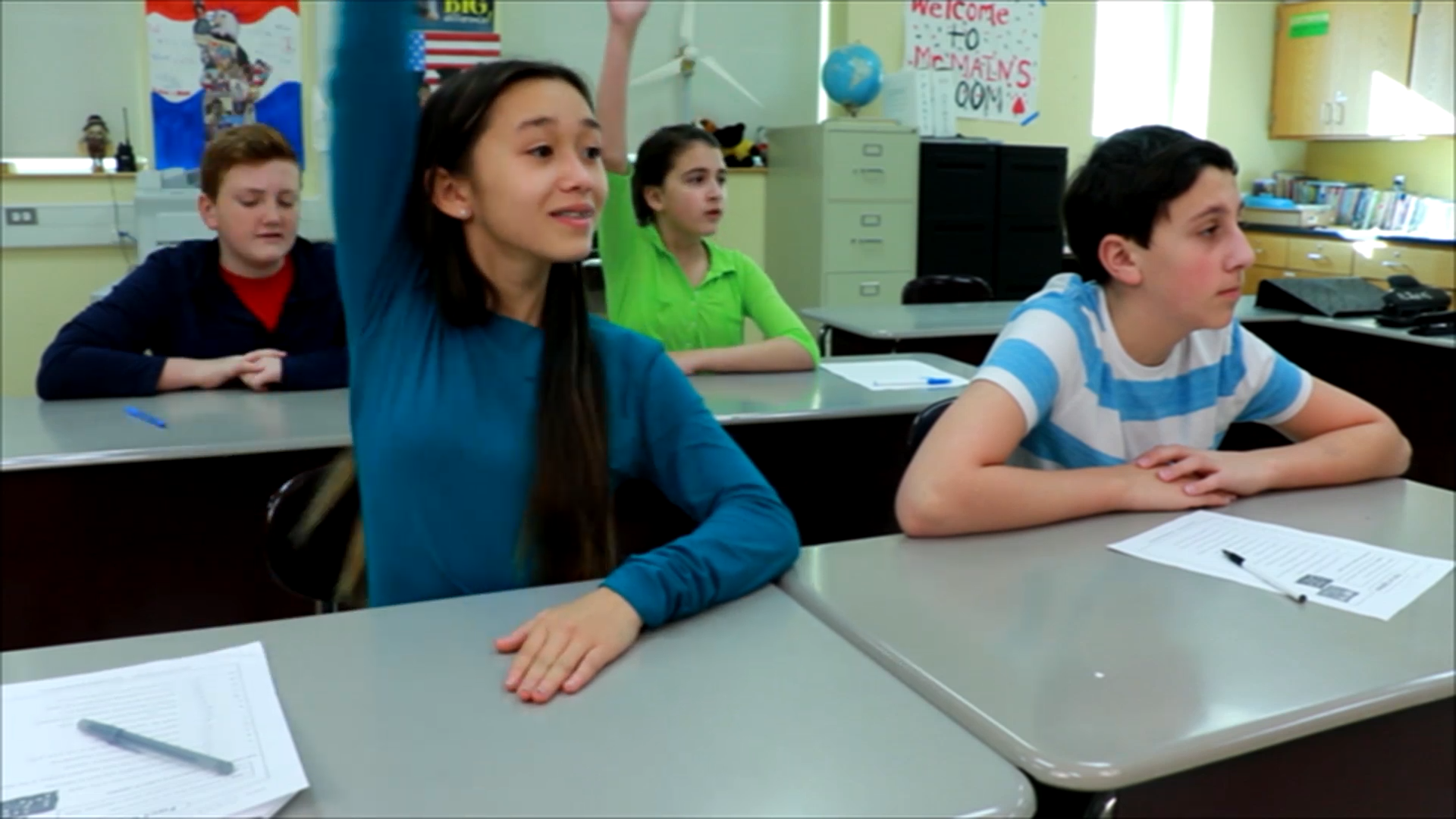
Introduction
Teaching young students essential social-emotional skills can be a rewarding experience for educators. One such skill is helping PreK students understand the importance of raising their hand and waiting to be called on before speaking in class. This not only promotes an organized classroom environment but also fosters mutual respect among classmates and the teacher. In this blog post, we will discuss a no-prep activity designed for educators to implement, provide discussion questions to further stimulate thought, and mention related skills that can be developed in tandem.
No-Prep Activity: “Raise Your Hand, Wait, and Speak”
This activity requires no preparation or materials and can be easily incorporated into your daily classroom routine. The objective is to encourage students to practice raising their hand, waiting for the teacher’s acknowledgment, and then speaking when called on.
- Begin by explaining the rules of the activity to the students. Make it clear that they should raise their hand when they want to speak, wait for the teacher to call on them, and then share their thoughts.
- Ask a question or start a topic of discussion related to the day’s lesson. Encourage students to participate by raising their hands.
- When a student raises their hand, acknowledge them by saying their name and then allowing them to speak.
- After the student has finished speaking, thank them for sharing and remind the class of the importance of waiting for their turn to speak.
- Continue the discussion, ensuring that all students who raise their hands get an opportunity to speak. Reinforce the importance of patience and respecting others’ turns throughout the activity.
Discussion Questions
After completing the “Raise Your Hand, Wait, and Speak” activity, use these questions to stimulate further discussion and reflection:
- Why is it important to raise our hand and wait for the teacher to call on us before speaking?
- How does waiting for our turn to speak show respect to our classmates and teacher?
- What can we do if we feel impatient while waiting for our turn to speak?
- How can practicing patience and respecting others’ turns help us in other areas of our lives?
- Can you think of other situations outside the classroom where it is important to wait for our turn to speak?
Related Skills
In addition to teaching students to raise their hand and wait to speak in class, there are several other related social-emotional skills that can be developed:
- Active listening: Encourage students to focus on the speaker and listen carefully to understand their point of view.
- Self-regulation: Help students learn to manage their emotions and impulses, especially when they feel impatient or eager to speak.
- Empathy: Teach students to consider the feelings and perspectives of their classmates, fostering a supportive and inclusive environment.
- Effective communication: Provide opportunities for students to practice expressing their thoughts and ideas clearly and respectfully.
Next Steps
Teaching PreK students to raise their hand and wait to speak in class is an important aspect of their social-emotional development. To explore more activities and resources designed to help students develop these skills, sign up for free samples of materials at Everyday Speech. By incorporating these valuable lessons into your classroom, you will be fostering a positive learning environment that promotes respect, patience, and effective communication among your students.

